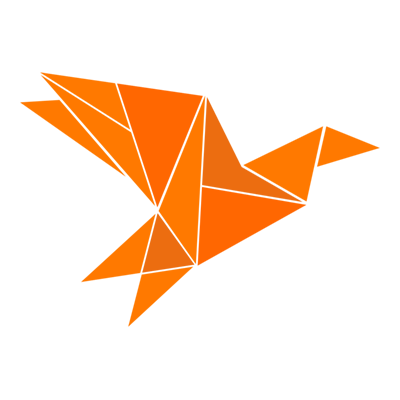

Haiku lets any DeFi strategy run as a single swap, handling complex actions like delta-neutral positions or portfolio rebalancing in one transaction so teams can build advanced products in minutes.





growthepie is a platform dedicated to providing comprehensive and accurate analytics of Ethereum Layer 2 (L2) solutions. It serves as a trusted data resource, offering up-to-date metrics, analysis, and insights on various L2 projects within the Ethereum ecosystem.






MintSwap is a decentralized exchange (DEX) and NFT marketplace on the Mint blockchain, offering token trading, NFT transactions, and NFTFi services. As the first native DeFi protocol on Mint, it supports the development of Mint-native teams and tokens. Governance is community-driven, with MS404 token holders participating in decision-making. The platform's tokenomics feature MS404, an ERC-404 standard token combining ERC-20 and ERC-721 characteristics. The MS404 collection includes 10,000 unique NFTs, each convertible into 10,000 MST tokens, MintSwap's native currency. The total supply is fixed, with 60% allocated to mining rewards, 30% to pre-sale, and 10% to initial liquidity. MintSwap is self-bootstrapped.


LayerZero is an omnichain interoperability protocol that facilitates seamless communication and data transfer across multiple blockchain networks. By enabling decentralized applications (dApps) to operate across various chains, LayerZero enhances blockchain interoperability and scalability.




